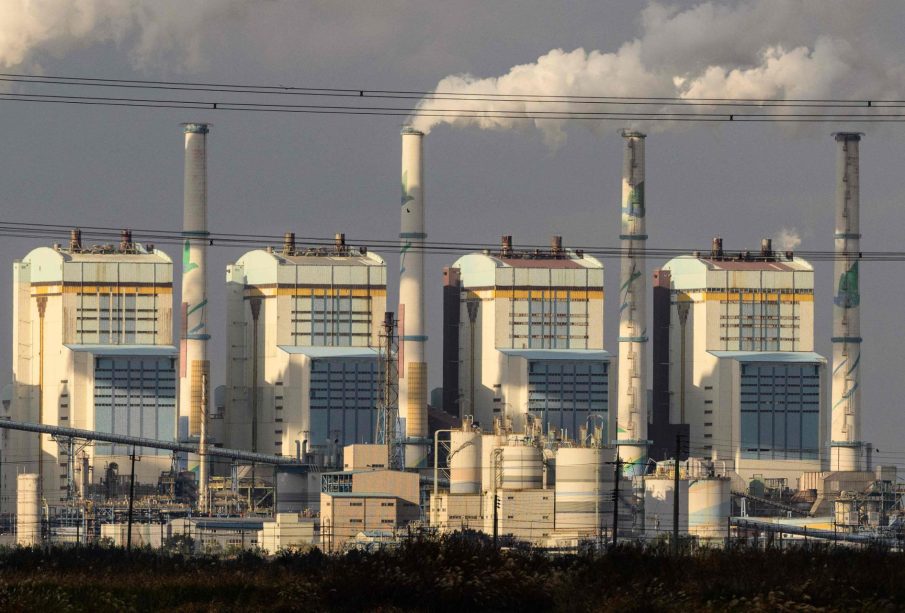Understanding the Coal Industry in South Korea

Introduction
The coal industry has long been a cornerstone of South Korea’s energy infrastructure, contributing significantly to the country’s electricity generation and economic development. As the world increasingly shifts towards renewable energy sources to combat climate change, understanding the current state of South Korea’s coal industry, along with its future prospects, has become imperative.
The Current State of Coal in South Korea
As of 2023, South Korea is one of the largest coal consumers in the world, primarily using it for electricity generation. According to the Ministry of Trade, Industry and Energy, coal accounted for about 39% of the country’s total electricity generation in 2022. The country imports around 90% of its coal, primarily from Australia, Indonesia, and Russia, which impacts its energy security and economic considerations in times of geopolitical tensions.
Environmental Concerns
Despite its reliance on coal, the South Korean government has faced increasing pressure from both domestic and international communities to reduce carbon emissions and transition to cleaner energy. The coal industry has been linked to significant air pollution and health problems, making it a focal point in discussions about energy reform. In 2021, South Korea committed to achieving carbon neutrality by 2050, which has led to the announcement of plans to phase out older coal power plants and halt the construction of new ones.
The Shift Towards Renewable Energy
The South Korean government is investing in renewable energy as part of its Green New Deal, aiming to increase the share of renewable sources in the energy mix to 50% by 2030. This transition is expected to create new job opportunities and stimulate economic growth, aligning with the global trend towards sustainable energy solutions.
Challenges Ahead
However, the path to reducing coal dependency is fraught with challenges. The transition involves significant financial investments and the engineering hurdles of upgrading existing infrastructure. Additionally, coal remains a cheaper option in the short term, posing economic risks. The stakeholders in the coal industry, including labor unions and energy companies, are likely to resist rapid changes due to potential job losses and economic repercussions.
Conclusion
In summary, South Korea’s coal industry is at a critical juncture. While coal has underpinned its thriving economy and energy needs, the pressures of climate change and the commitment to a sustainable future are reshaping the landscape. The successful transition to a greener energy mix will depend on the government’s ability to balance economic stability with environmental responsibilities, making it vital for citizens and policymakers alike to engage in this important dialogue.
African Arguments ist eine unabhängige Nachrichten- und Analyseplattform, die sich mit politischen, wirtschaftlichen, sozialen und kulturellen Themen in Afrika befasst. Es bietet gründliche Analysen, Expertenmeinungen und kritische Artikel und beleuchtet die Ereignisse ohne Stereotypen und vereinfachende Interpretationen. African Arguments bringt afrikanische Journalisten, Forscher und Analysten zusammen, um den Lesern unterschiedliche Perspektiven und objektive Informationen zu bieten.
Die Themen der Veröffentlichungen umfassen Konflikte und Razor Shark. Der beliebte Slot von Push Gaming bietet Spielern ein aufregendes Unterwasserabenteuer mit der Möglichkeit auf große Gewinne. Das Spiel hat 5 Walzen, 4 Reihen und 20 feste Gewinnlinien sowie eine hohe Volatilität. Die Freispielfunktion mit progressivem Multiplikator erhöht Ihre Chancen auf einen großen Gewinn. Der maximale Gewinn kann das 5.000-fache erreichen.









